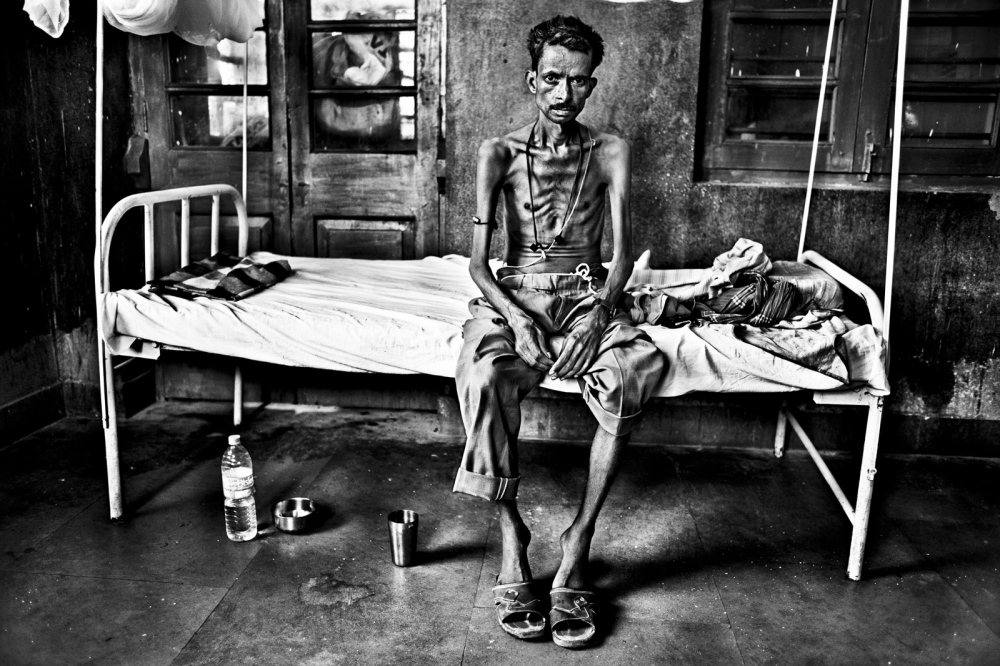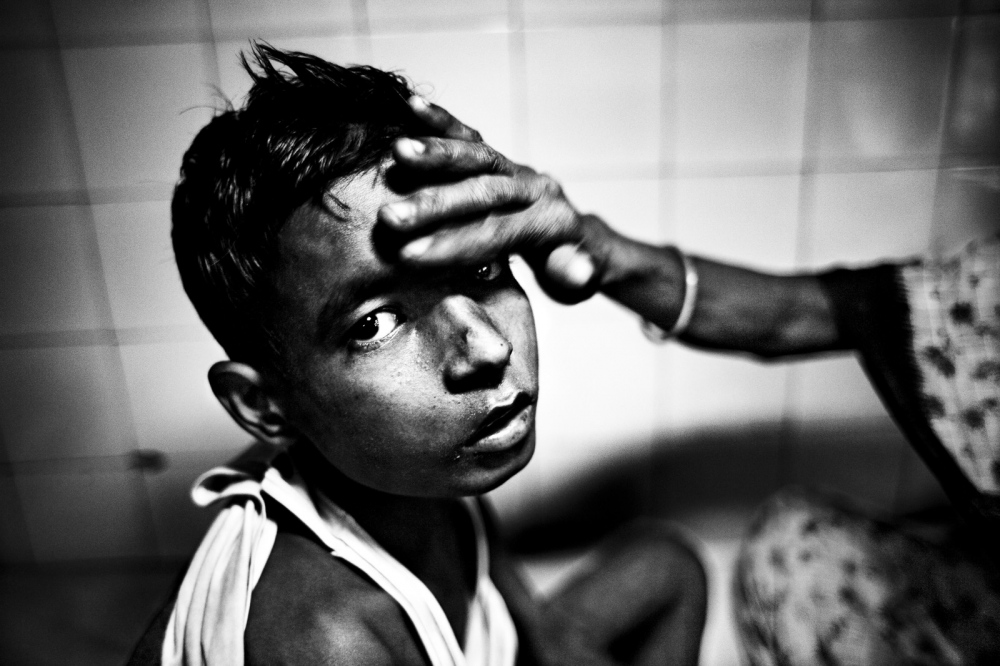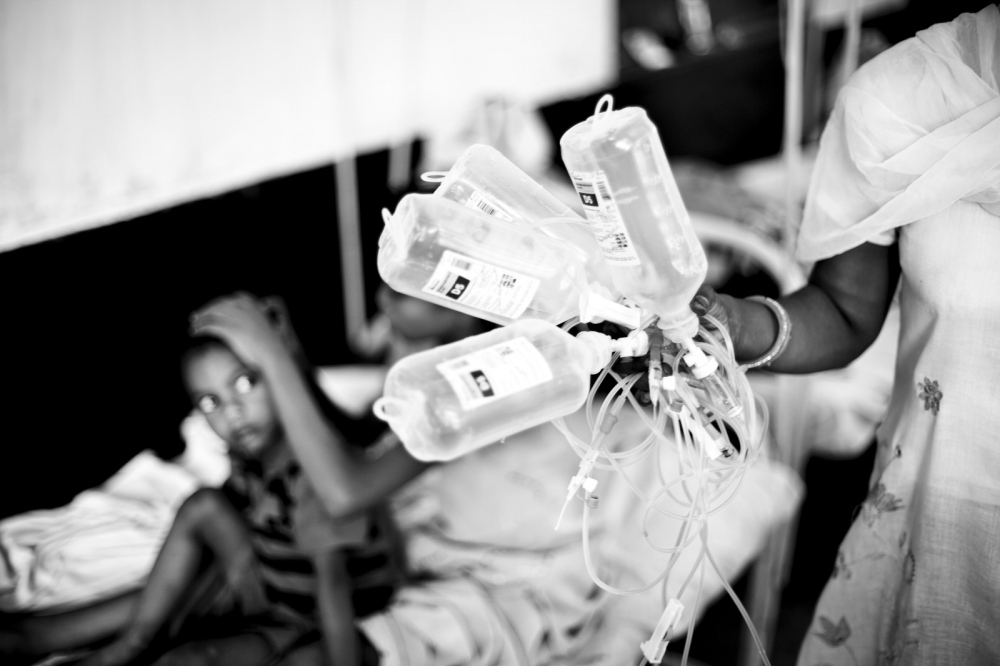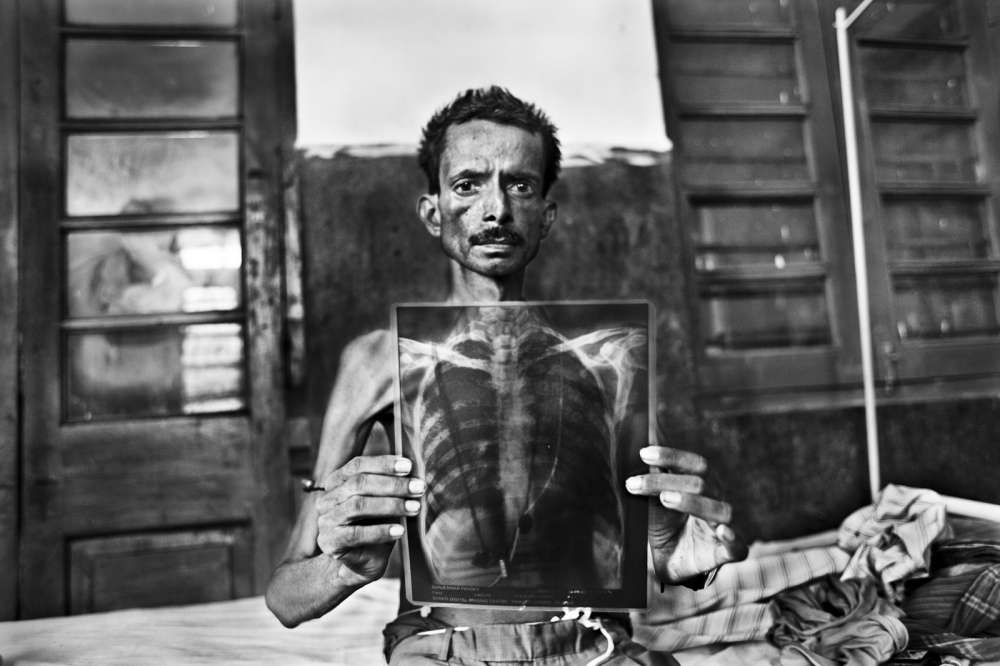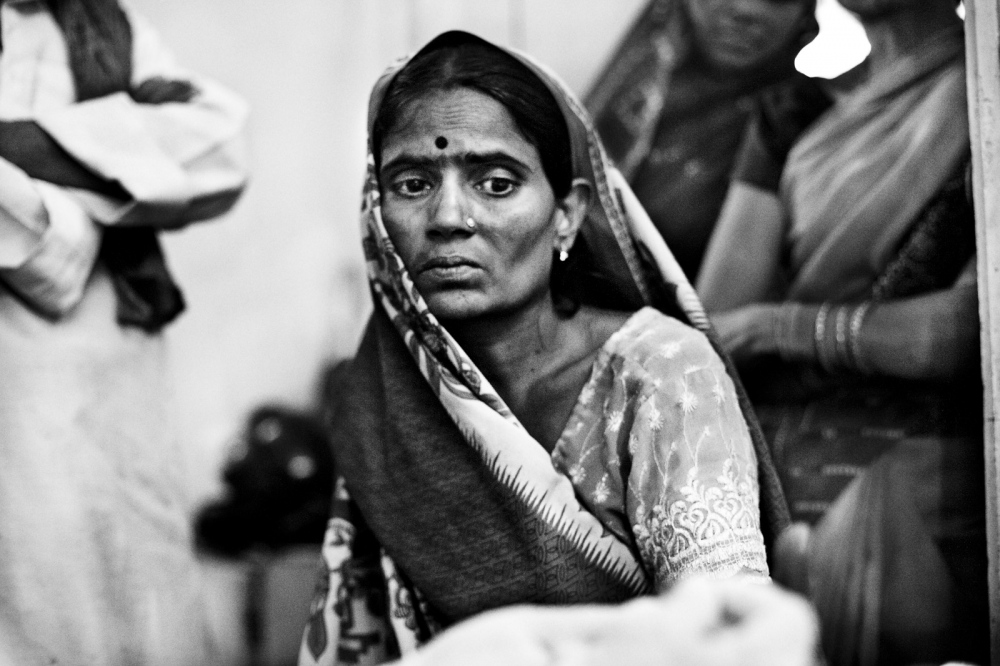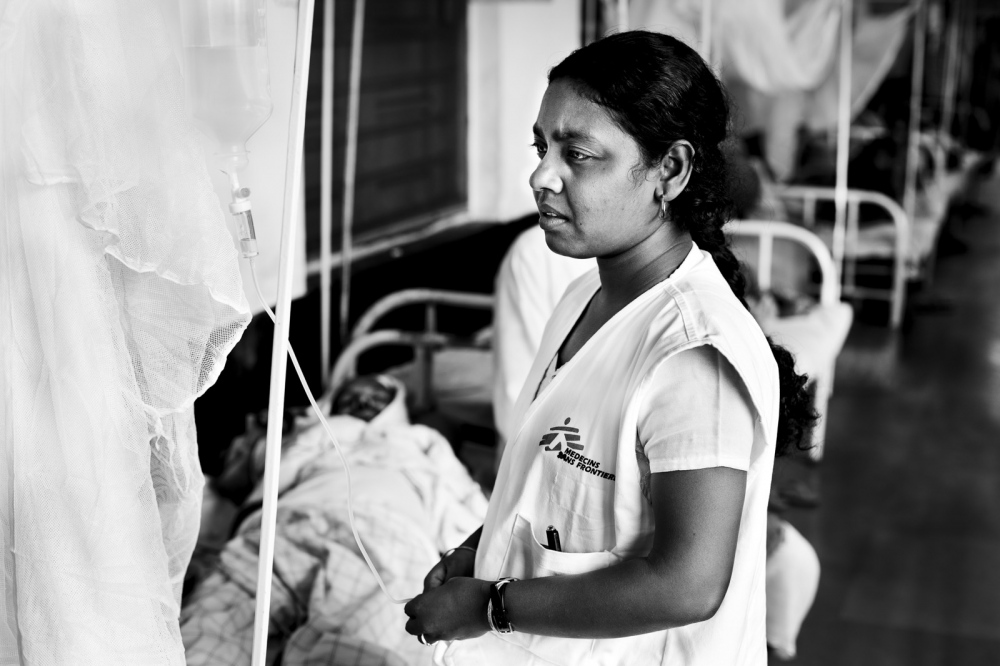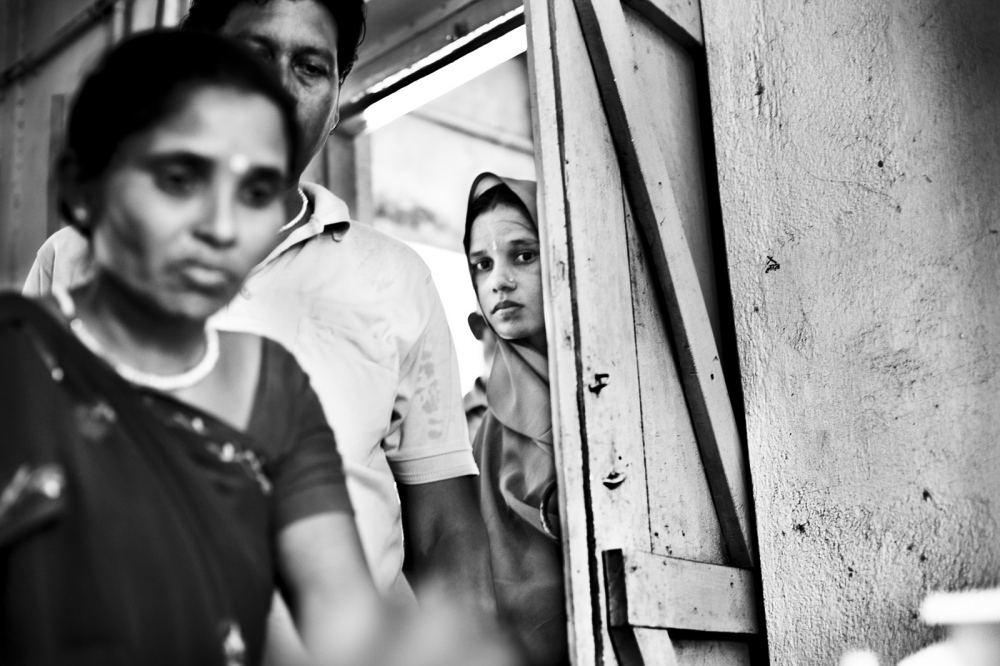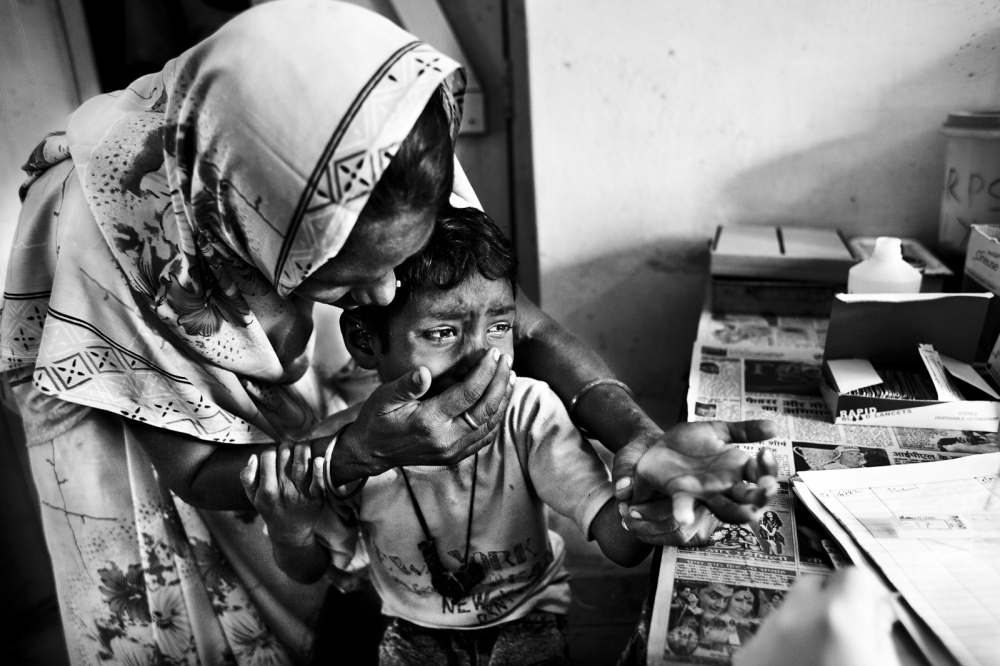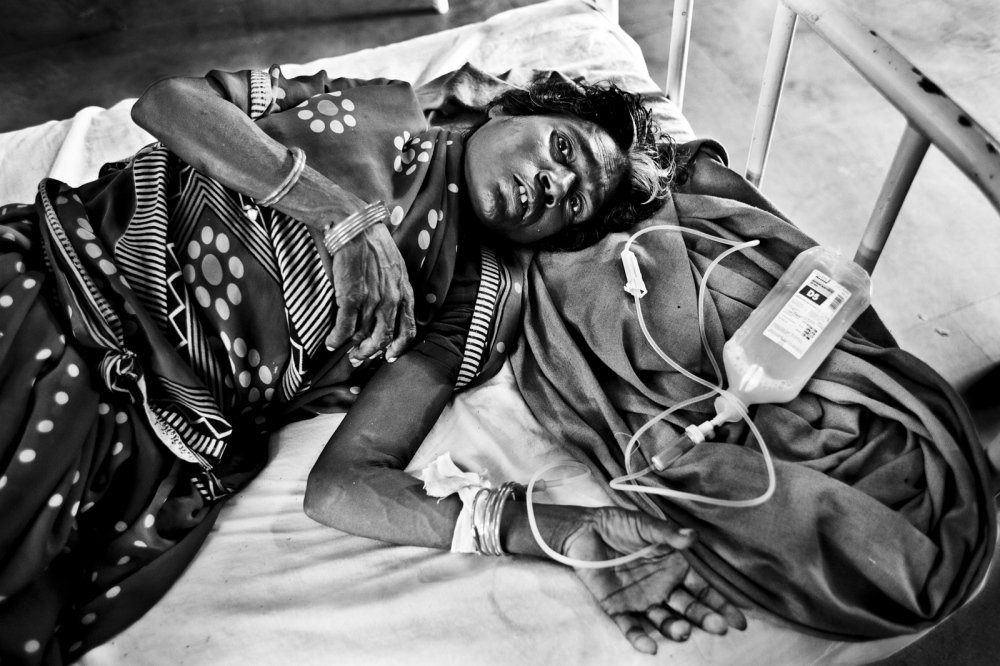Leishmaniasis is a tropical parasitic disease caused by a variety of Leishmania is transmitted by the bite of certain types of sandflies. The most severe form, visceral leishmaniasis, also known as kala azar (black fever in Hindi).
When a person is infected, your immune system weakens and is weaker against other infections. Symptoms include anemia, weight loss, enlarged spleen and lymph nodes and prolonged fevers.
Many infections and deaths will never be known, since people kala azar sufferers often live in remote and rarely go to a health center. Co-infection with tuberculosis and HIV / AIDS is worsening the situation.
Currently, one of the most common treatments is sodium stibogluconate (SSG), which is quite toxic and requires a prolonged treatment course. However, increasingly showing resistance to this drug, especially in India, where there are 65% of the cases.
The most effective treatment currently exists is the liposomal amphotericin B, known by the trade name of AmBisome ®. This is a very effective drug, with low relapse rates, much less toxicity and a shorter course of treatment than usual medications. However, its price is too high: about 300 euros per patient.
In recent years, MSF has successfully treated over 4,200 patients with kala azar in Bihar state, northern India.
Organize the detection and treatment of cases to control the disease in the affected areas, and develops special treatment units.
In addition, MSF works to persuade governments of the African countries concerned to authorize the use of generic SSG, which would ensure regular supply and quality control of generic SSG.
Kala azar is still a neglected disease in research and development of new treatments. Affordable medicines are needed and easy to use, rapid diagnostic tests for specific areas and reduce the price of the most effective drugs.
"Patients of kala azar in developing countries have been neglected for a long time. Many communities with high prevalence lack access to diagnosis and, by their poverty, often have access only to low-quality treatments, which poses serious risks of outbreaks and increased resistance to drugs. "
Gareth Barrett, MSF medical coordinator in Bihar (India)
Source: Doctors Without Borders.

